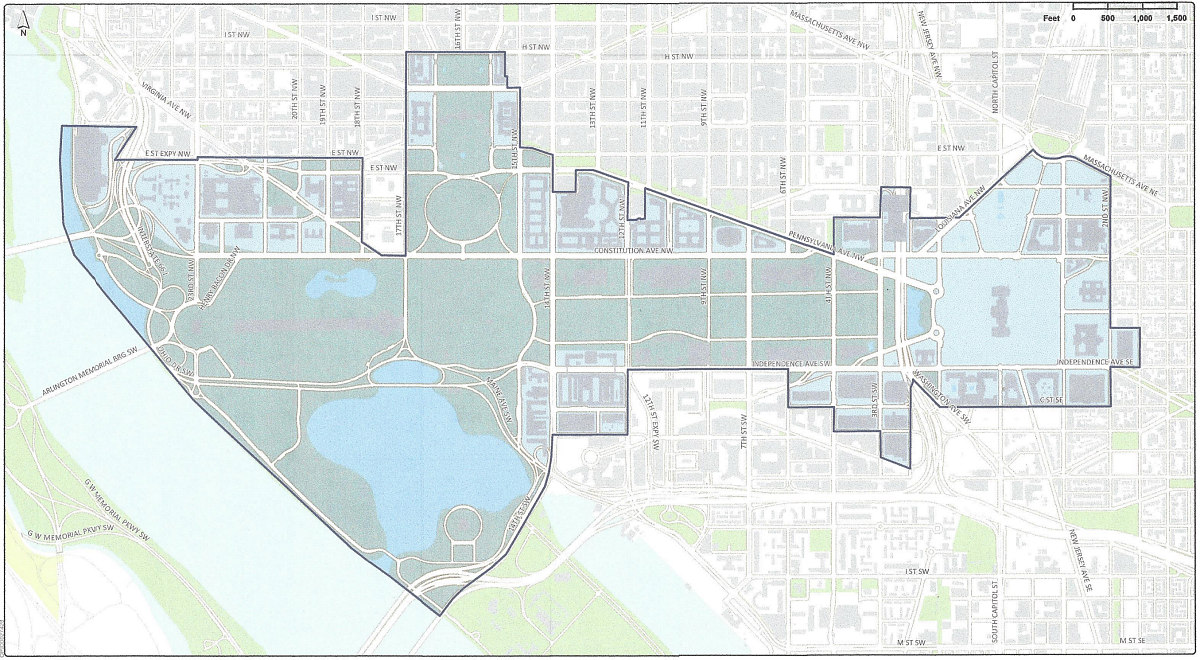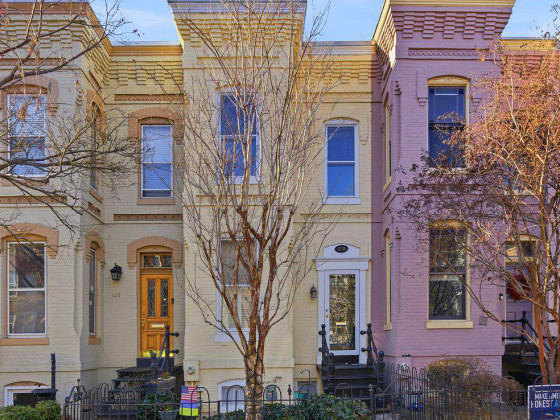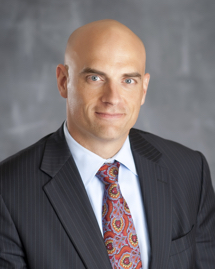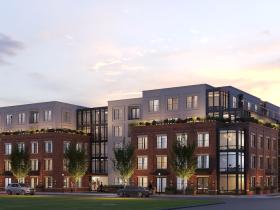 Senate Committee Holds Hearing on DC Statehood for First Time in Seven Years
Senate Committee Holds Hearing on DC Statehood for First Time in Seven Years
✉️ Want to forward this article? Click here.
On Tuesday, the Senate Committee on Homeland Security and Governmental Affairs held its first hearing on DC statehood in seven years. The hearing considered the Washington D.C. Admission Act (S.51), a bill introduced earlier this year by U.S. Senator Tom Carper (D-DE). The bill would admit Washington, DC as the 51st U.S. state, minus a two square-mile federal enclave.
The hearing retread many of the arguments for statehood that have been repeated over the past few years, including that roughly 700,000 DC residents are subjected to taxation without representation, that residents pay more taxes per capita than any state, and that DC has a GDP larger than that of 17 states.
Former Senator Joe Lieberman followed remarks by DC Delegate Eleanor Holmes Norton with a bit of a history lesson on the long path to suffrage for DC residents, including the fact that the Senate passed a statehood bill in 2009 on a vote of 61-37, but an amendment repealing the city's gun control laws made the bill a non-starter in the House of Representatives.
"Why would anyone not want to eliminate these grossly outdated, un-American inequities?" Lieberman asked. "All the arguments seem to me to be legalistic disputations, and ultimately, excuses for something that is inexcusable. The arguments against this legislation don't come near to overcoming the great principled Constitutional arguments for it."
story continues below
loading...story continues above

Some of those "legalistic disputations" were offered by Dr. Roger Pilon of the Cato Institute and law professor Derek Muller, who questioned whether the bill adequately addresses the repeal of the 23rd Amendment, which gives DC three electoral votes in the presidential election. Dr. Pilon also argued that the Constitution envisioned the District with its prescribed configuration to ensure that the seat of government was not beholden to or dependent on any one state for utilities and infrastructure.
Law professor Richard Primus argued that this is a moot point, however, noting that while many people may debate about the best method to nullify these electoral votes, the fact that there is a debate indicates that the issue can be resolved and that the political will exists to resolve it. Primus also argued that there is no Constitutional reason not to grant statehood to DC, particularly because Article 4 grants Congress the right to admit new states.
"Sometimes we've heard this discussed as if there was a really powerful Senate incentive to admit DC statehood, but it can't be done because the Constitution doesn't permit it, and we would disrespect the Constitution to go forward," Primus explained. "What actually disrespects the Constitution is to pretend that the Constitution says things that it doesn't that stop us from doing the right thing."
Senator Ron Johnson (R-MN) described statehood as a power-grab, quoting the city's average median income as $92,000 and noting that at least one-third of city residents over the age of 25 have a "post-graduate or professional degree."
"This is an elite group of people here that have a vested interest in the power of the federal government, and I think that is one of the issues that we need to address when we're talking about whether we should grant statehood to the District of Columbia."
Johnson also offhandedly remarked that DC residents chose to live under disenfranchisement, a point that Senator James Lankford (R-OK) later echoed. "No one is compelled to be here knowing that this has been the condition for 200 years."
Mark Morial, president/CEO of the National Urban League and former mayor of New Orleans, noted that this "choice" is complicated by the historical demographic makeup of the city, which is now around 46% Black.
"The failure to provide federal voting rights for the 51st state disproportionately impacts a large number of African-American citizens of the United States. There was once a time when the District of Columbia was as much as 70% African-American." Morial went on to recount how many of those Black residents came from the South as part of the Great Migration at a time when they had no right to vote anywhere, but that after the Voting Rights Act passed, Black people gained the right to vote everywhere but in DC.
Although S.51 has the most co-sponsors that any similar bill has ever had, the bill would still face an uphill battle to passage in the Senate; the House of Representatives passed a version of the legislation two months ago for the second time in two years.
Thumbnail photo by Ted Eytan.
CORRECTION: The article previously misidentified the bill's identifying tag as "S.B." 51.
See other articles related to: congress, dc statehood, federal government, senate, statehood, us senate
This article originally published at https://dc.urbanturf.com/articles/blog/senate-committee-holds-hearing-on-dc-statehood-for-first-time-in-seven-year/18413.
Most Popular... This Week • Last 30 Days • Ever

Today, UrbanTurf is taking a look at the tax benefits associated with buying a home t... read »

Lincoln-Westmoreland Housing is moving forward with plans to replace an aging Shaw af... read »

A soccer stadium in Baltimore; the 101 on smart home cameras; and the epic fail of th... read »

A potential innovation district in Arlington; an LA coffee chain to DC; and the end o... read »

In this week's Under Contract, we highlight two homes that hadn't been on the market ... read »
DC Real Estate Guides
Short guides to navigating the DC-area real estate market
We've collected all our helpful guides for buying, selling and renting in and around Washington, DC in one place. Start browsing below!
First-Timer Primers
Intro guides for first-time home buyers
Unique Spaces
Awesome and unusual real estate from across the DC Metro














